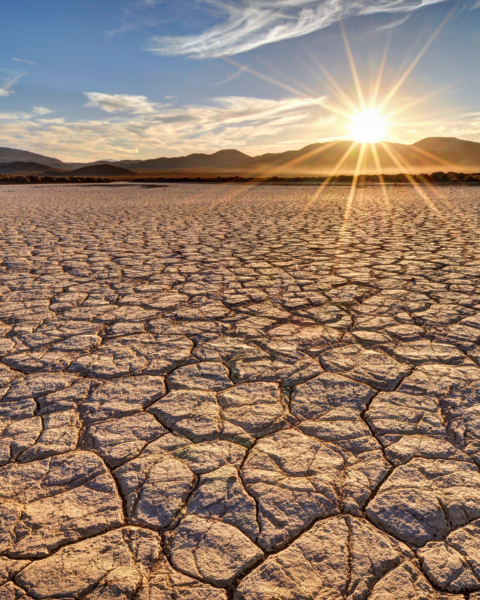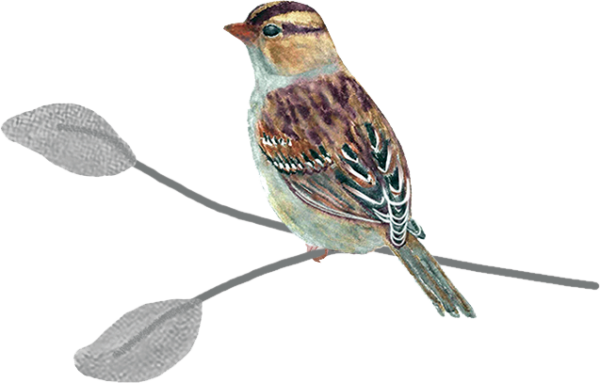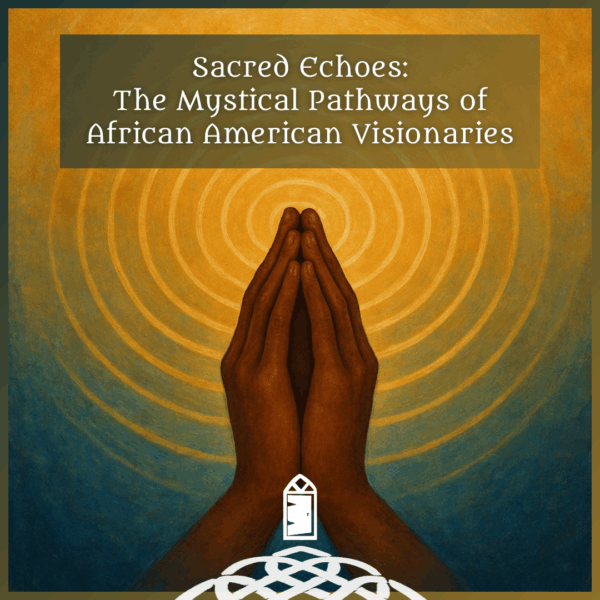
Grief resides deep in the body. My sense of loss is palpable. At times my heart literally aches, I breathe deeply letting out heavy sighs for relief, I long for my dog’s warm solid body to hold. Now it is simply a pile of ashes.
When my mother ended up in the ICU unconscious, with pneumonia that had entered her bloodstream and caused kidney and respiratory failure, and the doctors told me that she would never be able to recover from the seriousness of the infection, I knew what I had to do. I was profoundly grateful for our conversations a couple of years before about her wishes. As an only child the decision was entirely up to me. I was completely supported by my husband and aunt, but there was an existential singularity to my decision, knowing that my choice meant she would die. I was reassured by a compassionate chaplain that it was the disease process that was killing her and not my actions, I was simply allowing her body to release.
After we took her off of life support I sat with her two more days waiting and watching, holding her, anointing her arms and legs with hospital lotion, singing to her, telling her how much I loved her. When the machine that measured her breath and heartbeats finally began to slow markedly I put my arms around her body and prayed for her release into the Great Beyond.
With Duke the process was different. For some reason our culture determines putting animals to sleep that are sick is compassionate, but there is great debate about assisted suicide for humans in our culture. That is not a topic I want to explore right now, but I do find it curious. The doctor said that he would bleed to death and in great distress, so the kindest thing was euthanasia. I couldn’t do it in the hospital that night. I needed him home one more day. I wanted him to die in a place of familiarity and comfort. I held him that whole day, stroking his warm soft fur, gazing at him as he slept and wondering what dogs dream when they are about to die, telling him I loved him. When the vet came to our house I put my arms around him, kissed his sweet muzzle again and again, and prayed for his gentle release into the Great Night.
Being so close to death changes you. Holding the bodies of two persons/creatures I loved as they slipped into the next world have been two of the holiest and most terrible moments of my life.
While in graduate school I wrote a whole dissertation on what it would mean if we took seriously the vulnerability of the body for our spirituality. Coming out of my own and my mother’s experience with chronic illness and the women I have worked with I had a unique perspective on what society demands of our bodies. The ways our obsessions with busyness grind our bodies down and also stave off contemplation of our own limits.
What if we stopped denying our bodily vulnerability through our cultural obsession with youth and health and through our perpetual busyness and need to get ahead? What if we allowed the wisdom of aging, with all of its confrontation of limits, to inform our path? What if embracing the fact that we are going to die were cultivated as a path of holiness? What if our faith communities were places we could truly honor the delicate and tender vulnerability of the body, with all the beauty and sorrow that brings?
After my mother died I held my husband more closely, feeling his heartbeat reverberate against my own, knowing that one day both will stop. We do not know how or where or when, but we do know with certainty that it will happen. Awareness of mortality brings a sweet depth to the world, tinges it with the sadness of loss, but also deepens my perspective on knowing that time truly is precious.
-Christine Valters Paintner




13 Responses
this is a beautiful and moving post- thank you, we are so often too scared to consider the possibility of death and the wounds we are left with following the death of a loved one… yet we are frail
Thanks for the follow-up Wendy. I would be happy to send you a PDF file of my dissertation if you would like. It is about 180 pages and written in an academic style to fulfill the requirements, but there is some good stuff in there that I hope to slowly mine for articles. Just send me an email if you are still interested at sacredcenter@aol.com.
Hi Again Christine,
I agree with this profoundly:
“And yet, for me the heart of the Christian message is about the incarnation and sacramentality, that the divine is fully present in all the fleshiness of the world.”
I think in a real way that is actually the very heart of Christianity. Christ of course RESCUED us, not stayed detached. And I think that really means something. And that rescue, along with the sacredness we can truly feel in this gift of our world, shows us God is HERE with us. This to me is Christianity.
What I was more saying, as you noticed too, is that those practicing often assume we should have detachment from “the fleshiness of the world” instead, which just feels incredibly wrong to me. There are wonderful exceptions though, like the Benedictines for example, and also John Eldredge’s stuff as another example, etc.
I forgot to mention in the last comment that I would be very interested in reading that dissertation you mentioned, if you were open to that : )
PS — For some reason WordPress is being awfully overzealous with its spam controls. In the last day I have had Bette, Trish, and Wendy’s comments all sent to my spam folder (when normally they appear right away). It tells me it is supposed to learn from its mistakes when I approve something, but that hasn’t been the case. So I will just check the spam folder regularly and hope that it backs off soon. I am so grateful for all of your wonderful and juicy comments!
Trish,
Thank you for sharing that tender and beautiful ritual you have with Abby. It brought tears to my eyes, because one of the things I was looking forward to this winter is in the colder days, after my husband leaves for work in the morning, Duke would crawl up in bed with me for another hour or so of sleep before I have to get up, for snuggle time. His fur was too thick to be able to do it in the summer, he would get overheated easily. But even in warm days he slept right by the side of my bed, so I could peer over and watch him, put my hand on his wonderful body.
And the thought that what I have shared could inspire greater openness in others is a great gift to me, thank you for that. The movement of your heart wider, in turn inspires my own heart to keep opening.
Peace and blessings, Christine
Wendy,
Thanks for your meaty comment! I agree that faith communities, especially Christian ones, often encourage a detachment from the flesh in a variety of ways. And yet, for me the heart of the Christian message is about the incarnation and sacramentality, that the divine is fully present in all the fleshiness of the world. Sexuality is the energy that draws us out into the world, helps us to care for others, it is absolutely central to spirituality, keeping it grounded in the beauty and messiness and pain of the world. Full engagement, that’s what our practices are for. Detachment has its place, but there is too much of an either/or mentality around it. Jesus was a passionate man who fully enjoyed sensual pleasures of food and wine and expensive oils. He was also fully present to the needs of those who are marginalized.
I love your image of the way your body ached for nature. I am feeling the same yearning in my grief. Amazing what the body knows when we listen. And yes, honoring the vulnerability of our bodies also means celebrating their beauty, their preciousness, their wisdom.
Blessings on this last day of August, Christine
“The vulnerablity of bodies…” It is in itself a thought worth giving many deep breaths and deep consideration.
As I’ve been reading your posts this week, Christine, I’ve been more aware of this vulnerability, though I wouldn’t have thought to call it that without your prompting.
One of my favorite ways to end the day is snuggled up to my dog in bed. We have a ritual: I am in bed (naked, by the way — too much information??). I pull back the sheets and covers to make a space for her. She jumps up, cozies right up next to my body, and I bring the covers back around both of us. Her fur is so soft and warm against my skin. I pet her nose and rub her ears and she lays there as if she’s in the lap of luxury. It’s a grand moment for us both. She doesn’t stay long; for sleeping we both prefer her at the foot of the bed. But I think we are both lulled more gently into dreamtime by our skin-to-fur snuggling time together.
Last night I took extra time to hold Abby the Midwife Dog close to my body, close to my heart.
Thank you for the ways your openness and sharing has shown up in my own heart, in my own home.
Deep bows to you.
Hello Christine,
I am very moved by this post. Especially this: “What if we stopped denying our bodily vulnerability through our cultural obsession with youth and health and through our perpetual busyness and need to get ahead? What if we allowed the wisdom of aging, with all of its confrontation of limits, to inform our path?…
What if our faith communities were places we could truly honor the delicate and tender vulnerability of the body, with all the beauty and sorrow that brings?”
This detachment from “the flesh” (such an oject like phrase that is) has been my wall with faith communities again and again. And faith I deeply need, so this wall has been a very painful one to keep hitting. So it is just incredibly healing for me to read your words of understanding here, for i think our views are deeply similar in this. Perhaps the mutual draw to the Inuit is part of that. My draw to the Inuit in a sentance is that they have not lost the “heartbeat” that so many mask or minimize or stray from. Part of the mutual views here may also come from living with chronic pain and illness as well.
But I can only imagine what grief you went through in losing your mother, and also what you went through in deciding to end her suffering. I lost my father, but not in the same way. And I was also prepared earier in a sense. Because before he died he had nearly died several years before. His liver had collapsed and he was in a coma and they told me he would not last the night. I stood there holding his hand the longest time and things felt strange, grey. Once I left the hostital I could not pull myself away from nature, my whole body ached if i tried to, I needed earth, plants, green, my cat, my little cousin’s hugs, like i needed air.
My Dad made a miraculous recovery that night. Noone had expected he’d live even a few hours more, but he lived years more. And for myself, having been so close to death like that I never looked at life the same way again. Nothing is so fragile, and so deep, and so precious, as life. Rooted right here in our dear and vulnerable bodies and hearts, the precious teachers of our limits and our emotions and our sensations…our life.
Hi Bette, yes that last breath is a strange moment, bringing relief to the body in pain but also so very final. With my mother, the machines beeping announced her last breath, with Duke I just felt his breathing get very slow and then I could feel his chest no longer moving.
Thank you for the link, I have never heard of the dog-headed saint, very intriguing story!
Blessings, Christine
Tears came to my eyes reading about when you held your mother and now Duke as they each passed into the Great Night. I witnessed the passing of my father-in-law. Watching his last breath filled me with both sadness and joy.
I found this for you :)
http://www.beyond-the-pale.co.uk/dogsaints.htm